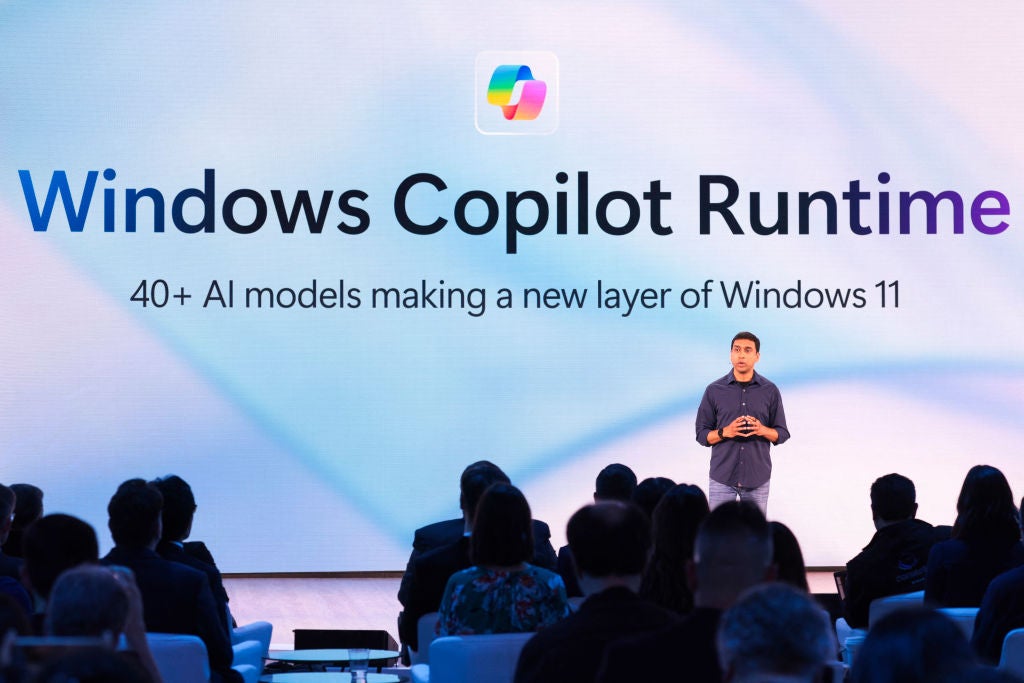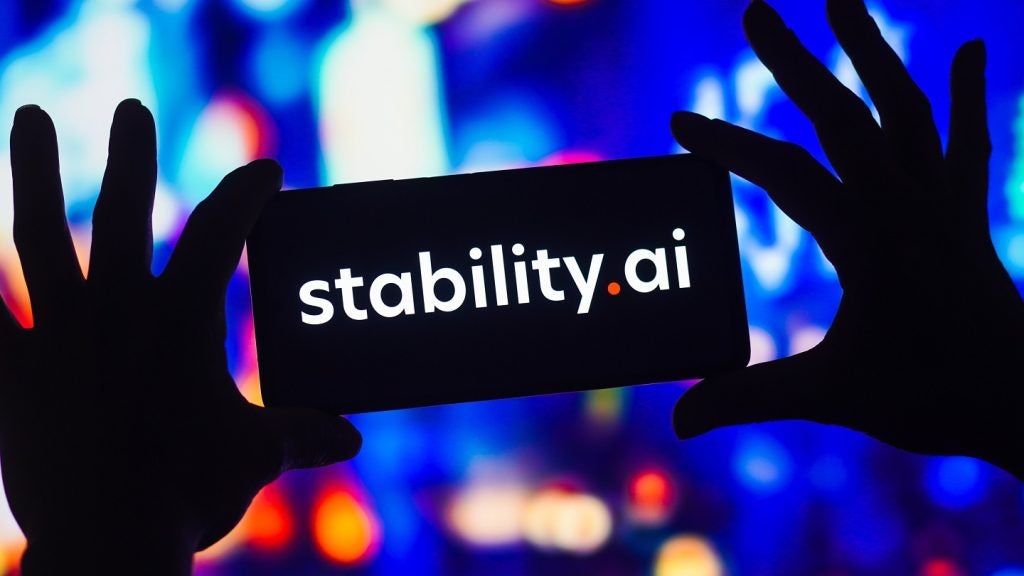
Microsoft’s new Copilot Plus PC ships today (June 18) without its controversial Recall feature after it was heralded a “privacy nightmare” by experts. However, some critics remain sceptical that Microsoft’s decision to delay the feature will help fix its fundamental issues.
The software maker is holding back the feature that Microsoft’s executive vice president Yusuf Medhi initially described as giving the computer a photographic memory.
Recall will not be widely released as part of the company’s anticipated AI PC launch today as planned, and instead be available for a preview on its Windows Insider Programme.
“We are adjusting the release model for Recall to leverage the expertise of the Windows Insider community to ensure the experience meets our high standards for quality and security,” Microsoft said in an updated blog post following the backlash.
“When Recall (preview) becomes available in the Windows Insider Program, we will publish a blog post with details on how to get the preview,” the company added.
Why was Recall recalled?
Recall saves all of a user’s activity on Microsoft’s AI PC by taking screenshots of every window, every five seconds. The feature then uses Optical Character Recognition to extract text from images and everywhere on screen, this gets saved into a local database and indexed to make it easy to search for.
How well do you really know your competitors?
Access the most comprehensive Company Profiles on the market, powered by GlobalData. Save hours of research. Gain competitive edge.

Thank you!
Your download email will arrive shortly
Not ready to buy yet? Download a free sample
We are confident about the unique quality of our Company Profiles. However, we want you to make the most beneficial decision for your business, so we offer a free sample that you can download by submitting the below form
By GlobalDataIn essence, it allows users to easily search for something they may have forgotten, such as a conversation from a few months ago or a forgotten website.
Steven J. Schuchart Jr, principal analyst for security and enterprise infrastructure at GlobalData, said this would be ideal from a utopian point of view, however, the reality is that “Recall is a nightmare for privacy and security, both for individuals and for the enterprise.”
Despite the fact that everything Recall captures is stored locally and not on the cloud, anyone with the user’s Windows credentials will be able to access the data. This would give an unauthorised user access to a treasure trove of sensitive information, from private messages to bank details, to even a sensitive health query search.
“The delay in implementing Microsoft Recall, even in the Copilot PCs is a good one – clearly there are some basic security issues to correct,” Steven J. Schuchart Jr, principal analyst for security and enterprise infrastructure at GlobalData, told Verdict.
“However, the concept of Microsoft Recall itself is fundamentally flawed from a privacy and security standpoint. No amount of time and application of technology can correct the fundamental problem – Microsoft Recall captures and stores data that should not be captured,” Schuchart Jr added.
Recall has been labelled by privacy experts as a hacker’s dream. The massive amounts of data stored locally by the feature means that if a bad actor managed to infiltrate a user’s account, they would have a gallery of sensitive information to easily search through, including passwords, API keys, and more.
“The treasure troves of data created by Recall will be the target of unceasing attacks and a new attack vector on enterprises and governments,” said Schuchart Jr.
What about the security of Microsoft’s AI PC?
Microsoft has, so far, invested over $13bn into ChatGPT-maker OpenAI and leveraged its expertise to create and integrate a range of AI assistants into its software. The company has placed industry-leading AI into its Office suite, as well as in its search engine Bing.
Beyond Recall, Microsoft’s Copilot PCs are prone to the same issues that enterprises face when using GenAI which has access to internal data.
Copilot is designed to use data from Microsoft’s 365 productivity cloud suite to offer employees and users access to relevant data quickly.
For example, someone in marketing looking to promote a new patent could use Copilot to find the employee’s bio and the public easy summary of the patent quickly. However, what happens if Copilot instead finds the employee’s personnel files, or the legal documents submitting the patent?
“Confidential data could be shared – such as legal or human resources data, if permissions are not well thought out and properly set. AI pulling from the web often cannot separate the real from the false,” Schuchart Jr said.
Chris Ormond, head of UK incident response at cybersecurity company S-RM, believes Microsoft’s AI PCs also face the risk of cyberattacks that specifically exploit built-in AI models.
“Beyond the Recall feature, Microsoft’s AI-powered computers face additional security challenges, including the risk of cyber-attacks that specifically exploit built-in AI models,” Ormond told Verdict.
“There are also potential data privacy concerns arising from the mishandling of sensitive data. Until systems have sufficient controls to guard against abusing prompts to circumvent security restrictions, including AI in user devices is always going to carry substantial risk,” he added.
GlobalData forecasts that the overall AI market will be worth $909bn by 2030, having grown at a compound annual growth rate of 35% between 2022 and 2030. In the GenAI space, revenues are expected to grow from $1.8bn in 2022 to $33bn in 2027 at a CAGR of 80%.
GenAI is expected to become ubiquitous across every industry and become a catalyst for broader AI capabilities such as machine learning, computer vision, and autonomous robots.







